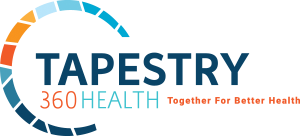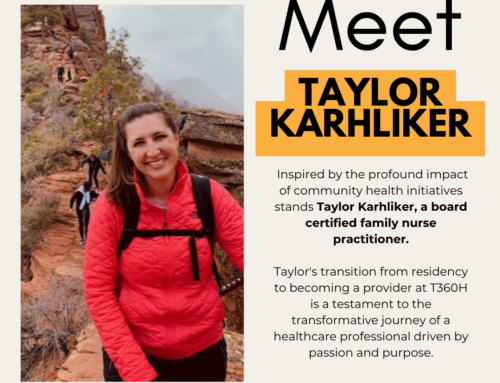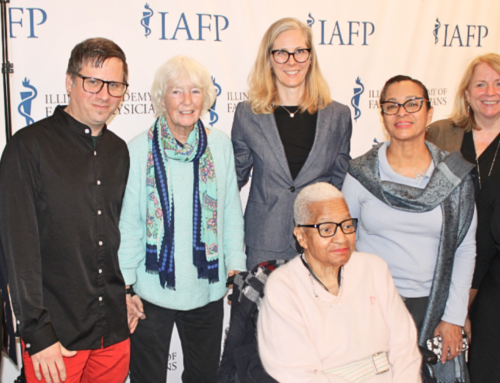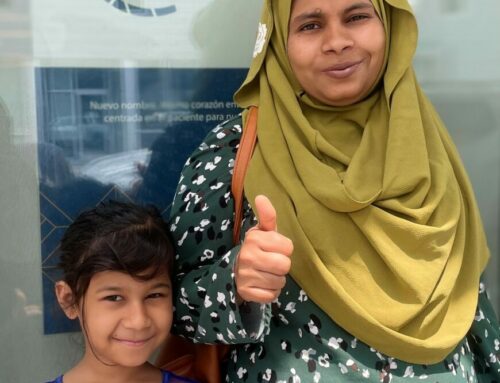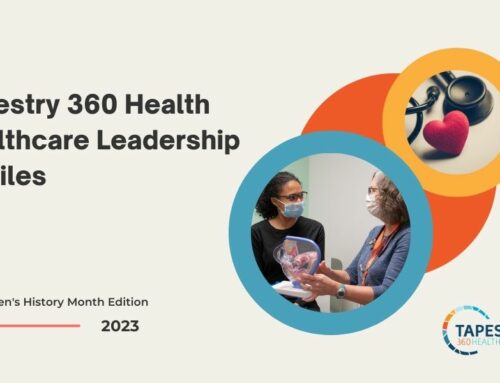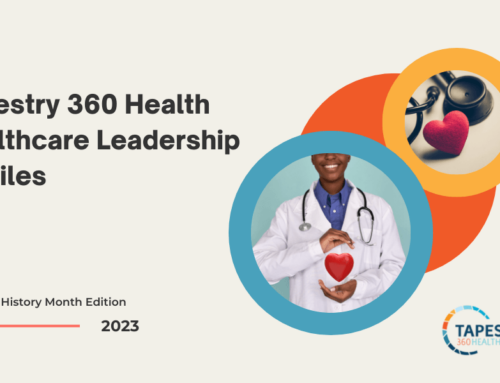News
Someone You Should Know – Dr. Shaheena Ahmed
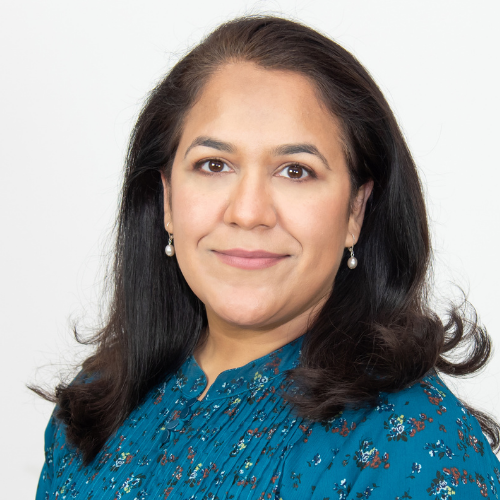
Born in Bahrain, an island in the Middle East near Saudi Arabia, Dr. Ahmed moved to Texas with her parents when she was just a baby. She knew early on that she was meant for medicine when, as a girl, she volunteered at her Pediatrician’s office. Dr. Ahmed received her medical degree from the University of North Texas and then moved to Chicago to complete her pediatric residency at Mount Sinai Hospital in Chicago.
Her work at Mount Sinai was her first exposure to working in an underserved and economically depressed community. “I was raised in an affluent suburb of Houston so this was all new to me”, she says. “Through that experience, I gained an appreciation for the challenges faced by families who live on Chicago’s west side, and it helped me become a better and well-rounded physician.”
Dr. Ahmed worked in private practice for a short time but her work at Mount Sinai led her to concentrate her practice at federally qualified health centers, like Tapestry 360 Health, where she could continue her service with underserved communities. She values the wide ranging backgrounds of her patients and because of this is able to foster a mutual respect and trust with her patients. Fluent in Spanish and Urdu, Dr. Ahmed uses these skills to further build trust with the many patients she sees who are best served in these languages.
“As a provider I am privileged to serve others; I see it as a way to pay it forward.” said Dr. Ahmed about her work.
In 2010, Dr. Ahmed joined the pediatrics team at Tapestry 360 Health. “The patient comes first,” says Dr. Ahmed about the organization. “If a patient or parent needs more time during a visit, the approach at Tapestry 360 Health allows for that, because….it’s all about the patient.”
One story that illustrates the type of care Dr. Ahmed is able to give her patients involved a young mother pregnant with triplets – a girl and two boys. The babies had to be delivered prematurely. Unfortunately, the baby girl passed away shortly after birth and one of the boys was born with multiple problems including blindness and cerebral palsy that would require lifelong care. The parents were from Honduras, didn’t speak English, and had only one relative for support while they dealt with the loss of the baby girl and a six month intensive care stay for both boys. Communication issues, and managing multiple specialists, medications and therapy sessions were overwhelming for the young family.
“It took patience, cooperation, faith and teamwork for these parents to get over the hurdles.” explained Dr. Ahmed.
As a result, the parents gained acceptance of their son’s limitations and are hopeful for improvement and a full life for their son. Dr. Ahmed still sees the two boys who are now 4 years old. The boy is sitting up, a major milestone given the severity of his disability. His brother is successfully meeting all the normal markers.
“This uplifts me because I know I can offer the health services necessary to care for all my patients regardless of their situations or ability to pay.”
Born in Bahrain, an island in the Middle East near Saudi Arabia, Dr. Ahmed moved to Texas with her parents when she was just a baby. She knew early on that she was meant for medicine when, as a girl, she volunteered at her Pediatrician’s office. Dr. Ahmed received her medical degree from the University of North Texas and then moved to Chicago to complete her pediatric residency at Mount Sinai Hospital in Chicago.
Her work at Mount Sinai was her first exposure to working in an underserved and economically depressed community. “I was raised in an affluent suburb of Houston so this was all new to me”, she says. “Through that experience, I gained an appreciation for the challenges faced by families who live on Chicago’s west side, and it helped me become a better and well-rounded physician.”
Dr. Ahmed worked in private practice for a short time but her work at Mount Sinai led her to concentrate her practice at federally qualified health centers, like Tapestry 360 Health, where she could continue her service with underserved communities. She values the wide ranging backgrounds of her patients and because of this is able to foster a mutual respect and trust with her patients. Fluent in Spanish and Urdu, Dr. Ahmed uses these skills to further build trust with the many patients she sees who are best served in these languages.
“As a provider I am privileged to serve others; I see it as a way to pay it forward.” said Dr. Ahmed about her work.
In 2010, Dr. Ahmed joined the pediatrics team at Tapestry 360 Health. “The patient comes first,” says Dr. Ahmed about the organization. “If a patient or parent needs more time during a visit, the approach at Tapestry 360 Health allows for that, because….it’s all about the patient.”
One story that illustrates the type of care Dr. Ahmed is able to give her patients involved a young mother pregnant with triplets – a girl and two boys. The babies had to be delivered prematurely. Unfortunately, the baby girl passed away shortly after birth and one of the boys was born with multiple problems including blindness and cerebral palsy that would require lifelong care. The parents were from Honduras, didn’t speak English, and had only one relative for support while they dealt with the loss of the baby girl and a six month intensive care stay for both boys. Communication issues, and managing multiple specialists, medications and therapy sessions were overwhelming for the young family.
“It took patience, cooperation, faith and teamwork for these parents to get over the hurdles.” explained Dr. Ahmed.
As a result, the parents gained acceptance of their son’s limitations and are hopeful for improvement and a full life for their son. Dr. Ahmed still sees the two boys who are now 4 years old. The boy is sitting up, a major milestone given the severity of his disability. His brother is successfully meeting all the normal markers.
“This uplifts me because I know I can offer the health services necessary to care for all my patients regardless of their situations or ability to pay.”
